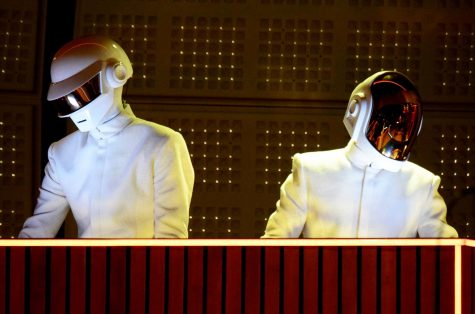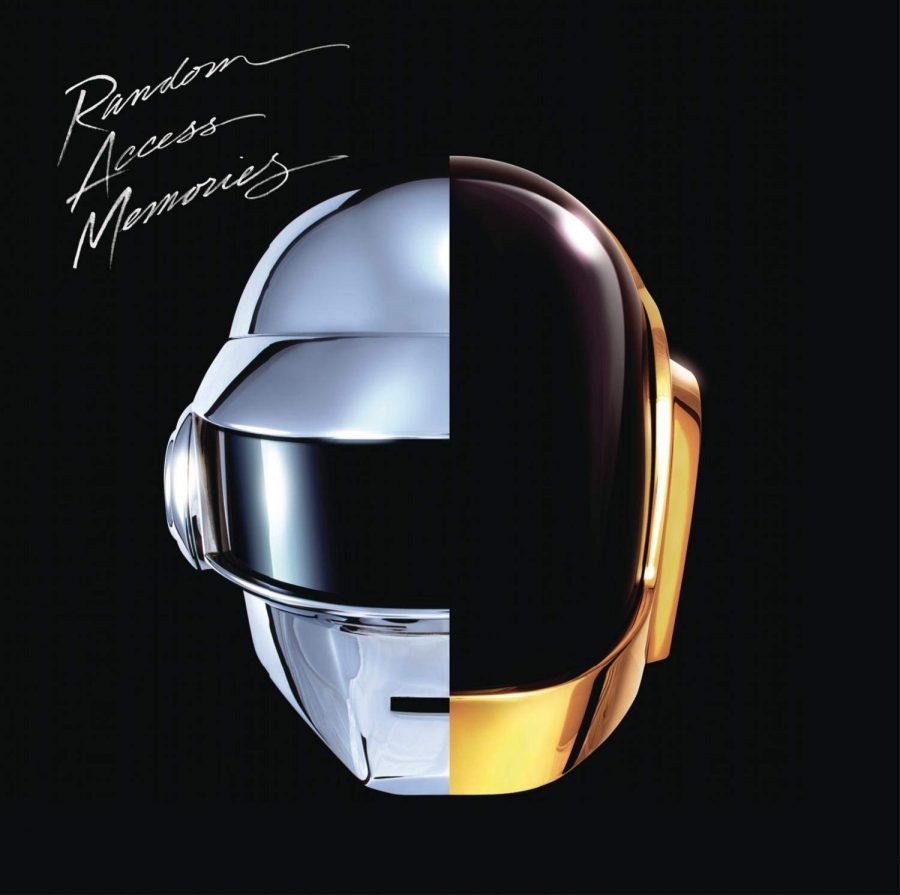Daft Punk- Random Access Memories: Album Review
How This Electronic Music Duo Made Disco Cool Again
December 10, 2019
The 2010s are coming to an end and, with this, many people are debating on the artist or the album that defined the decade. I was recently going through some of my favorite albums from this decade and stumbled upon Daft Punk’s Grammy award-winning album Random Access Memories. As an album, it received three Grammys for Best Dance/Electronica Album, Best Engineered Album, Non-Classical, and the coveted Album of the Year award.
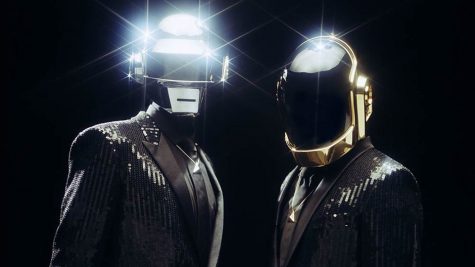
Daft Punk is an electronic/house music duo hailing from Paris, France, and are known best for their incognito robot costumes. They have them donning robot helmets, leather jackets, and gloves to match. It has been a way to conceal their identities and separate their personal lives from their music. This works as a creative outlet for song writing as well.
This is the robotic duo’s fourth studio album, and it was released in 2013. It had them stepping out of their shell and working with many collaborators, such as Pharrell Williams, Nile Rodgers, The Strokes’ lead singer Julian Casablancas, Paul Williams, and many others.
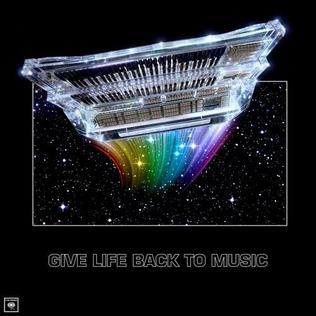
This record kicks off with the song “Give Life Back to Music,” which seems to be Daft Punk’s thesis of the album. The lyrics are sung by Daft Punk using a vocoder, a device that turns their vocals into digital voices to further fit the robot persona the band is known for. Daft Punk’s vocals are produced this way for the entirety of the album. This song shows off what this record is musically about: disco. It perfectly demonstrates the duo’s goal to “create a light yet polished and elegant record,” and features guitar work by legendary disco producer Nile Rodgers, who brings lots of character to the song.
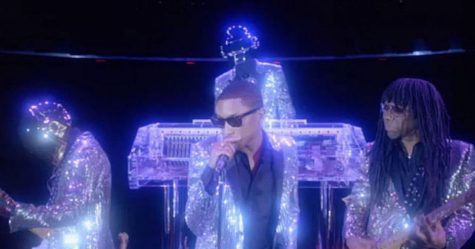
Other songs on the record like “Lose Yourself to Dance,” and the breakout hit “Get Lucky” show how Daft Punk was able to make disco cool again with this album. “Lose Yourself to Dance” strips disco down to its skeleton to create one of the most fun songs on the album that, like the title says, just makes you want to dance. Nile Rodgers features on both songs, bringing guitar work that is light and fast, which was one of the most unique staples of disco. Both songs also feature vocals by Pharrell Williams. His high falsetto compliments the instrumentation in a way that makes the songs feel like a true old school disco song.

“Get Lucky” went on to be the summer hit of 2013, and received two Grammys for Record of the Year and Best Pop Duo/Group Performance.
Random Access Memories also takes things down a notch, presenting some beautiful piano ballads in “Within” and “Touch.” Within has very light and minimal instrumentation, with a piano driving the melody. This is followed by crisp drums and passionate vocals singing, “I need to know now/Please tell me who I am.” Touch is an emotional track that goes through many segments, ranging from driving rhythms and distant melodies. Vocals are done by the multi-talented Paul Williams who brings intensity to the track, making it an unforgettable listening experience.
On the back half of the record, songs like “Fragments of Time” with its minimal synthesizers and heavy drum patterns and “Beyond” with its amazing orchestral intro and calm, groovy melodies help maintain the momentum from the first half. Overall, however, I believe the latter half is weaker than the first. The songs do not flow together as well, being much less organized and are less memorable in comparison.
Going back to some of their electronic roots, songs like “Motherboard” and the closing song “Contact” bring the new musical themes used in this record to their iconic style of electronic music. These songs contain no vocals, and have many layers of synthesizers, driving drum patterns, and complex guitar rhythms. These songs are good on their own accord but fall short in comparison to the rest of the album. They sound too out of place on the album and bring down the latter half of the record as well.
Random Access Memories is one of the cleanest albums to be released in the past decade and was able to single-handedly revive a genre of music thought to be lost to time. The french duo takes many risks with this album, including straying away from their electronic and house music that made them so popular, for most of the album. This record is a homage to all music of the past, and future. Despite some of the album’s flaws with the organization in the back half, I highly recommend any fans of music, new or old, to give this album a listen Random Access Memories.
